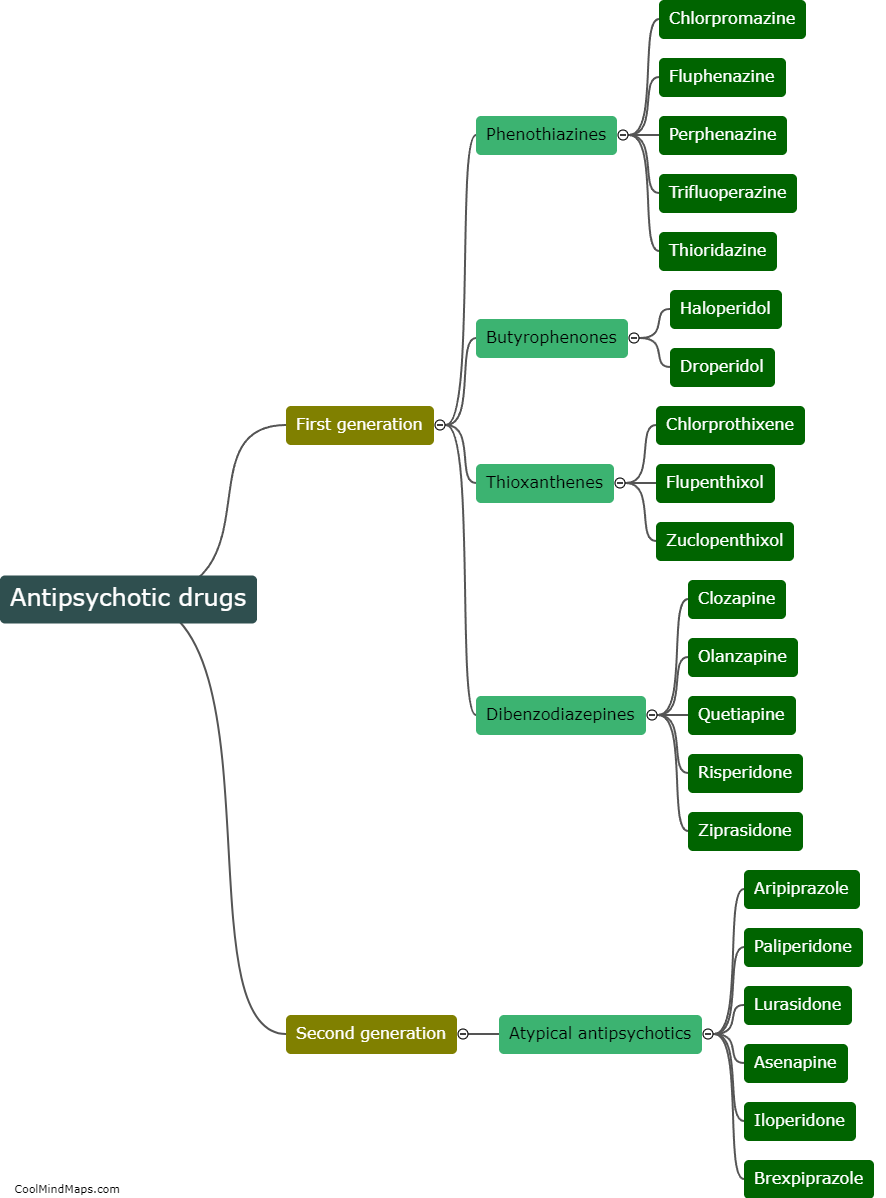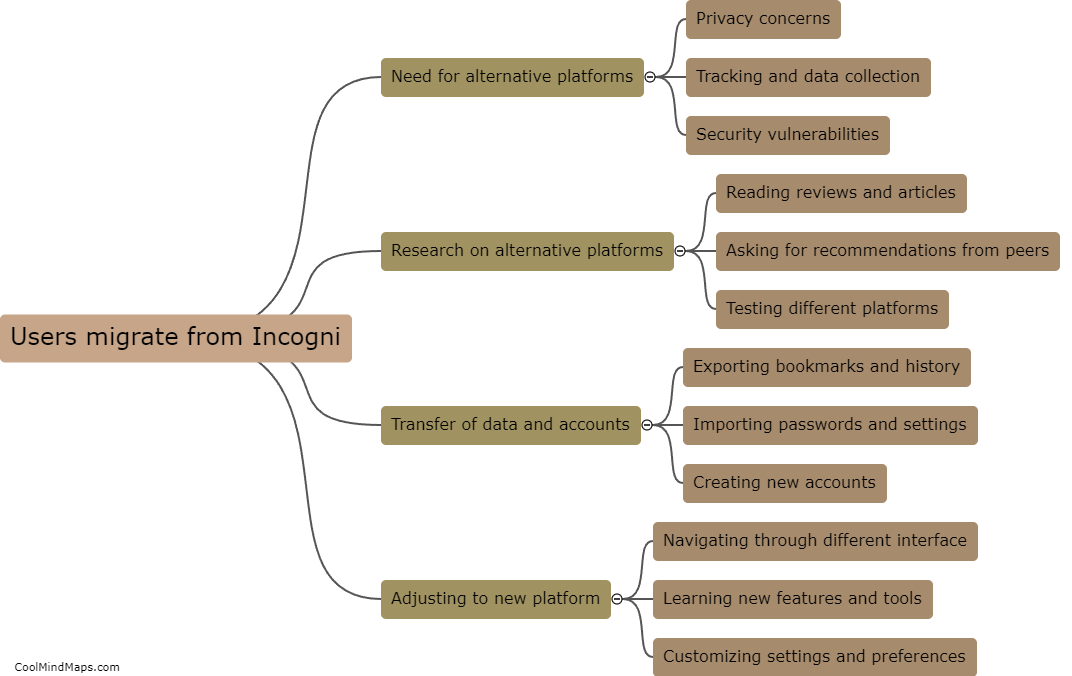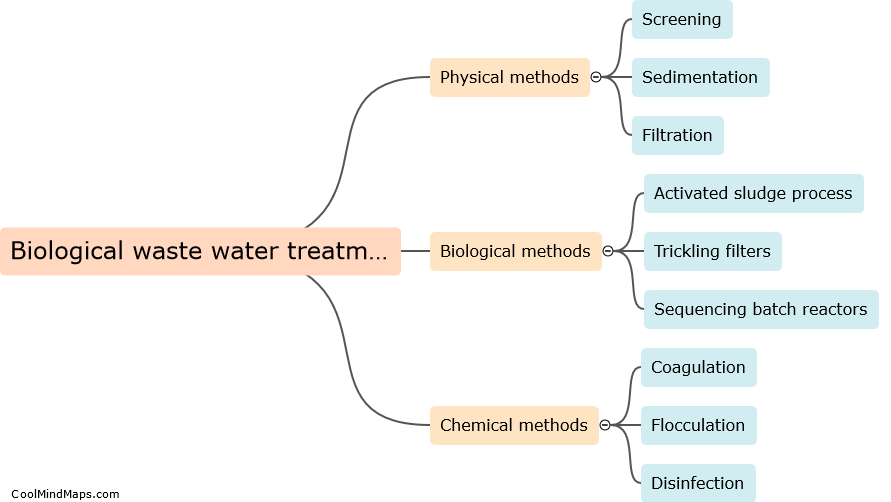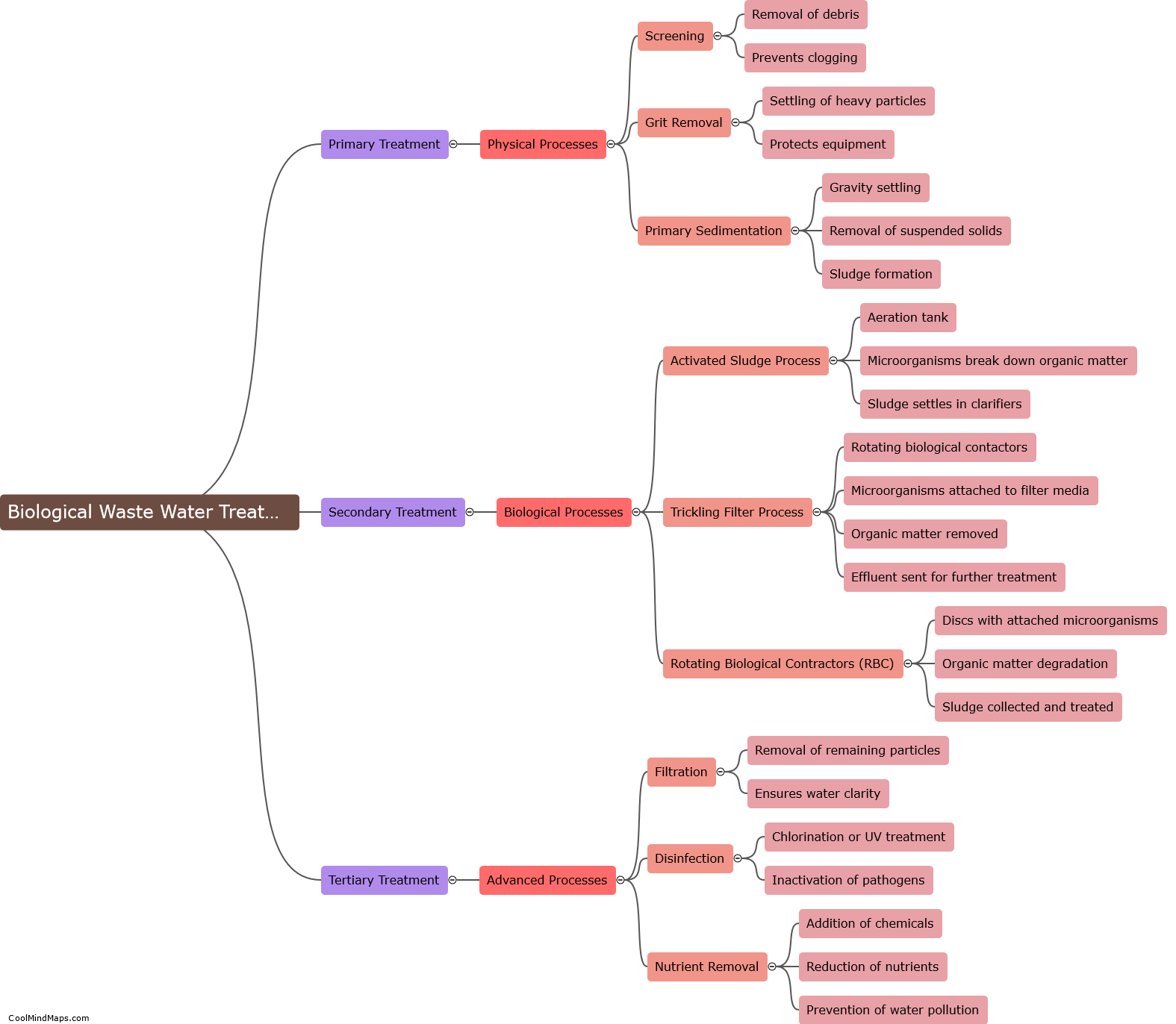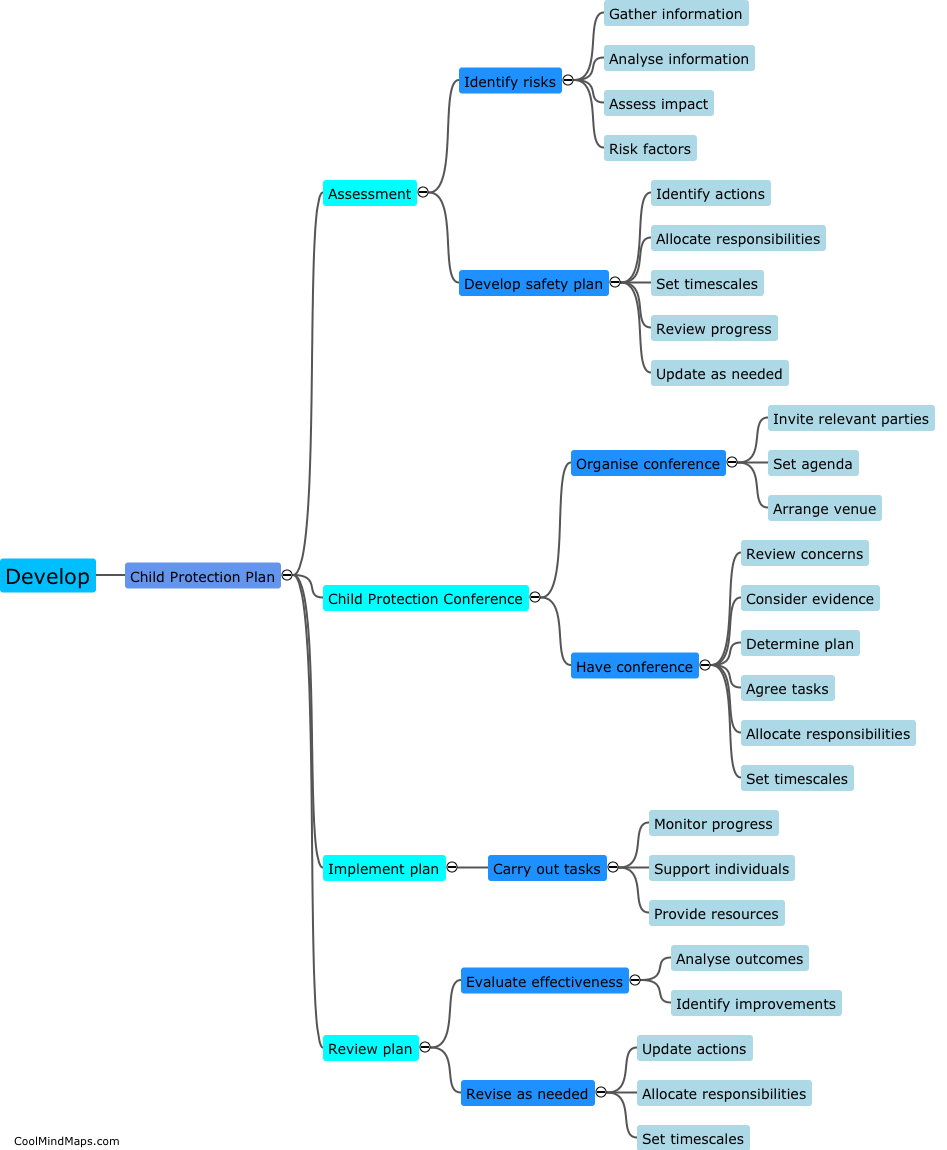What are the ethical concerns surrounding affect recognition?
Affect recognition, also known as emotion recognition, is the process of using artificial intelligence technologies to recognize and interpret human emotions. While this technology has potential applications in various fields such as healthcare, marketing, and security, it also raises significant ethical concerns. One primary concern is privacy infringement, as affect recognition often entails analyzing facial expressions or physiological signals without individuals' consent. This raises questions about the unauthorized collection and potential misuse of personal data. Additionally, there are concerns about the accuracy and bias of affect recognition algorithms, as they can misinterpret emotions or reinforce existing biases, leading to discrimination or unfair treatment. Moreover, the potential for affect recognition to be used for unethical purposes, such as manipulation or surveillance, raises further concerns about consent, autonomy, and abuse of power. These ethical challenges must be carefully addressed to ensure responsible and morally sound implementation of affect recognition technologies.

This mind map was published on 19 September 2023 and has been viewed 91 times.
